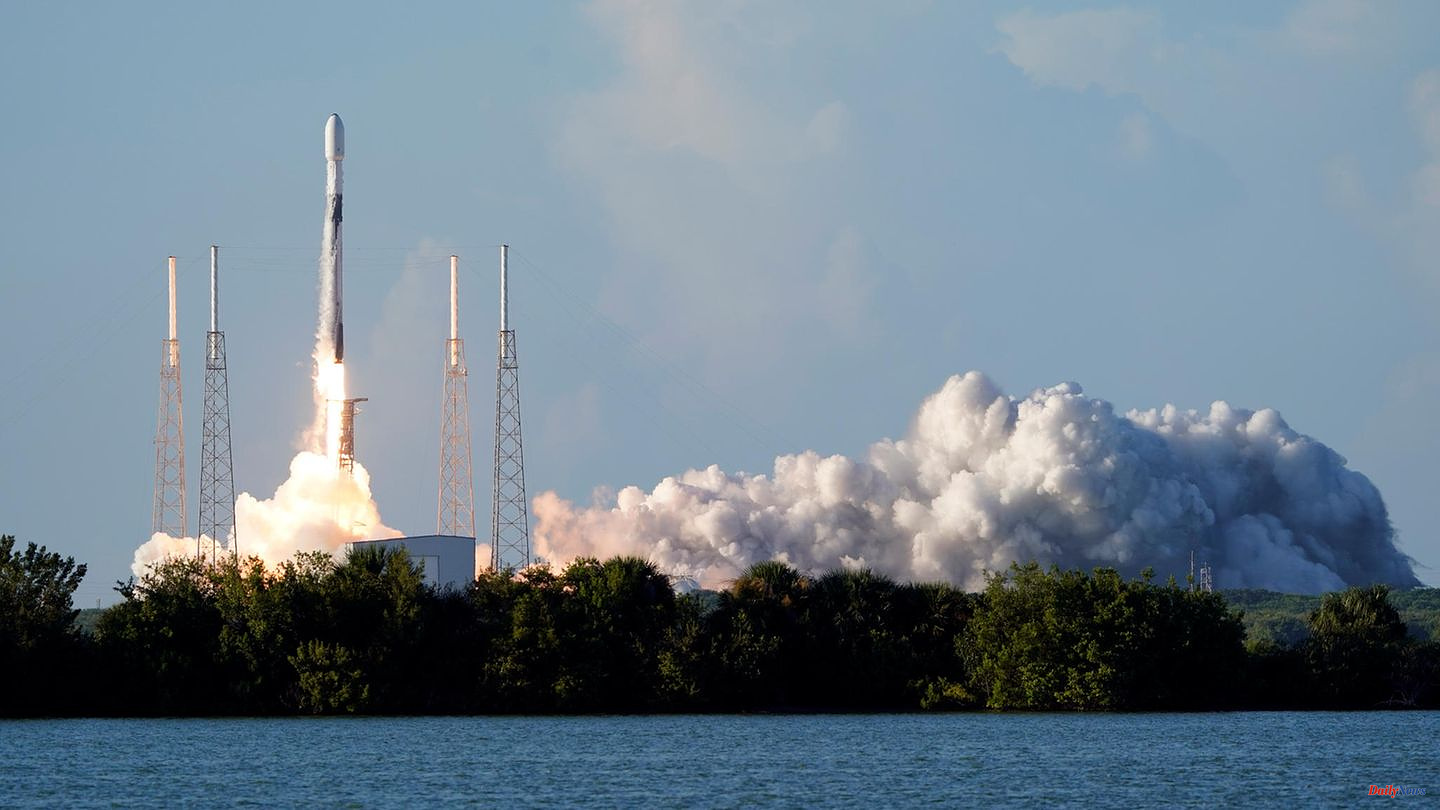After the prayer, a few hundred demonstrators returned to the outskirts of Parliament, which they have occupied since July 30 in the Green Zone, the luxurious cordoned off district in the heart of the capital housing state institutions and embassies.
The sit-in was initiated to protest a candidacy for prime minister put forward by Mr. Sadr's opponents, the powerful pro-Iran Shia factions of the Coordination Framework.
Capitalizing on his ability to mobilize crowds, Moqtada Sadr called for the dissolution of parliament and early legislative elections, less than a year after the poll he had won hands down.
The Coordination Framework said it was open to early elections, calling for an end to the sit-in in Parliament.
On Friday, three weeks after a previous prayer in Baghdad drew hundreds of thousands of people, huge crowds of Sadr supporters flocked to a sprawling esplanade in the Green Zone for the traditional Muslim midday prayer.
Shading themselves from the sun with parasols in the 46-degree heat and brandishing Iraqi flags and portraits of Sadr, the men - and a few women - settled on their prayer mats.
"Yes, yes to reform", "no, no to corruption", chanted the faithful.
- "Prisoner of the corrupt" -
"We support the demands (...) of Sayyed Moqtada al-Sadr: the dissolution of Parliament and the holding of early elections", launched the imam of prayer, installed on a platform.
"Iraq is a prisoner of the corrupt," he accused, castigating in his sermon "the glaring deterioration of public services, health and education".
It does not matter if loyal to Moqtada Sadr also occupy the highest levels in the ministries, his supporters see him as a figure of the opposition and a herald of the fight against corruption.
“When he wants to use the people for a cause, he calls for a blessed Friday prayer and unifies the ranks of Muslims,” said Sadr supporter Sheikh Ali al near sword sculptures on the esplanade. -Atabi, 38 years old.
"It's a thorn (in the side) of the enemy, to demand elections and reforms," said another, Qassem Abou Moustafa, a 40-year-old civil servant.
Ten months after the legislative elections, Iraq is still awaiting the appointment of a new Prime Minister and a President of the Republic, against a backdrop of political quarrels.
The October 2021 ballot was won by the Sadrist Current, which represented the first bloc with its 73 deputies in a fragmented Parliament where no camp managed to build a clear majority among the 329 elected.
Having failed to muster a majority to appoint a prime minister, Mr. Sadr forced his deputies to resign in June, leaving the task of forming a government to his opponents.
- "Will of the masses" -
A dissolution of Parliament must be recorded by an absolute majority vote and may be requested by one third of the deputies, or by the Prime Minister with the agreement of the President of the Republic.
Adversaries of Mr. Sadr – who has rocky relations with Shiite Iran – responded to him late Thursday evening.
"The Coordination Framework affirms its support for any constitutional means to resolve political crises and act in the interest of the people, including early elections," said a statement from this alliance.
But any election must be held "after reaching a national consensus on the issue and in a safe environment", she stressed.
This alliance includes in particular the former paramilitaries of Hachd al-Chaabi, integrated into the regular forces, as well as the party of former Prime Minister Nouri al-Maliki.
Parliament Speaker Mohamed al-Halboussi tweeted his support for early elections, saying it was "impossible to ignore the will of the masses".












